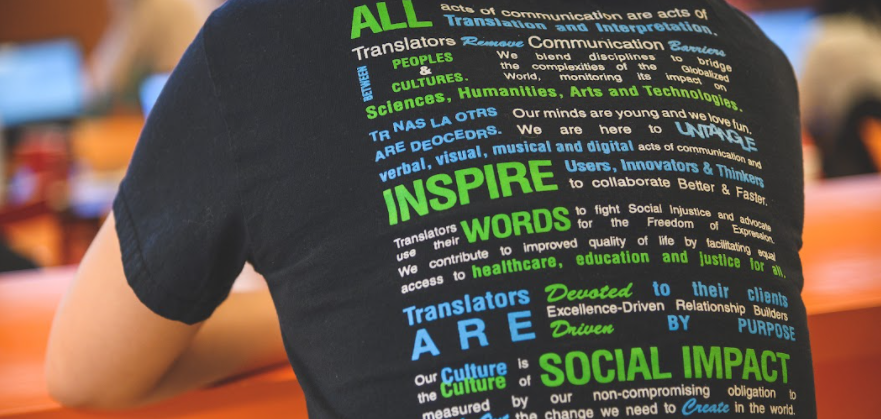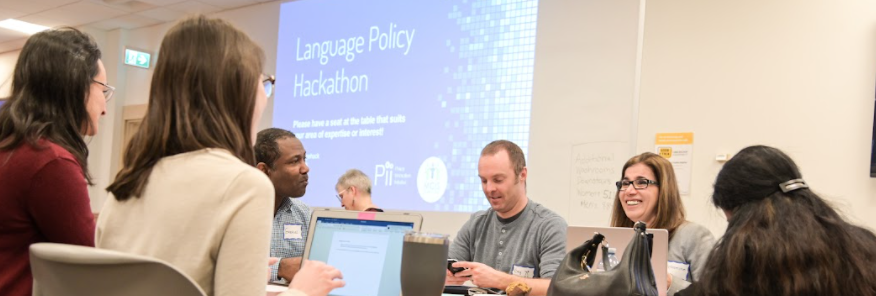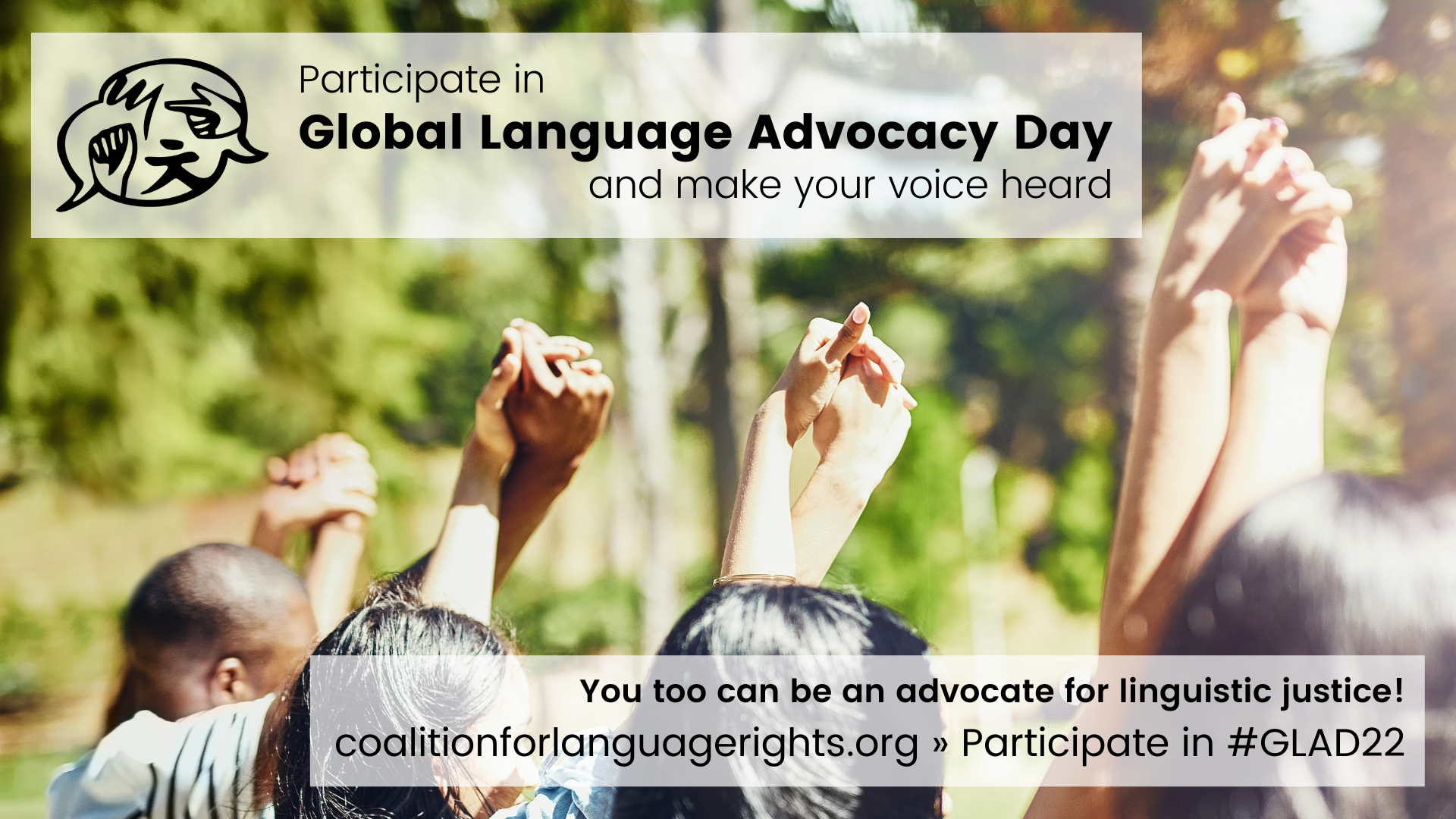The Global Coalition for Language Rights (GCLR) is a group of individuals and organizations working at the intersection of languages and human rights.
The goal of this group is to support global efforts towards increasing access to critical information/services, and equal digital representation beyond language barriers, and creating proactive responses to social, educational, economic and environmental challenges that include not only speakers of mainstream languages, but also Indigenous languages and underrepresented languages.
The Coalition’s aim is to engage in a global conversation and support efforts toward the common goal of ensuring language rights for all people. It currently operates without a formal hierarchical structure, on a “network” model. Any individual or organization who aligns with the goals of this coalition is welcome to join.

The GCLR’s current members are:
- Amnesty International: A global movement of more than 10 million people campaigning for a world where human rights are enjoyed by all.
- Clear Global, formerly Translators Without Borders: A non-profit organization offering language and translation support for humanitarian and development agencies.
- GALA Global: A not-for-profit trade association connecting and supporting professionals and organizations in the global language industry.
- Global Lives Project: A non-profit organization curating a video library of life experience and associated educational materials, designed to cultivate empathy across cultures.
- Localization Lab: A global community of 7000+ contributors who support localization of open source Internet freedom and public interest tools and resources.
- MCIS Language Solutions: A non-profit social enterprise working to ensure access to critical information and services beyond language barriers.
- NaTakallam: An organization that offers language learning, translation, and cultural exchange services delivered by refugees.
- Translation Commons: A non-profit online community with a mission to sustain cultures and languages, create on-the-job training opportunities, and share knowledge.
- The University of Winnipeg: A public research university known for its academic excellence and commitment to Indigenization.
- Women in Localization: A non-profit professional organization that fosters a global community for the advancement of women and the localization industry.
And ProZ.com, whose mission, as a translation workplace and community, is to empower language professionals.

The organizations that form the GCLR first came together in 2020, within the context of the human rights virtual conference RightsCon 2020, with the initial goal of bringing the topic of language justice to this event. At RightsCon 2021, and now working as a coalition, the GCLR hosted a community lab to engage in conversation with activists in a variety of fields and map out how linguistic barriers can impact people’s access to critical information and services. A brief summary of the session and its takeaways can be found here.
The Coalition also hosted a panel and live Q&A at ProZ.com's ITD 2021 virtual event, where the panelists shared their perspectives on the landscape of language justice, and how freelance language professionals and language service providers can contribute to language advocacy. A recording of the panel can be found on ProZ.com/TV.

Now, looking forward to next year, the GCLR is coordinating a world day of language justice advocacy on February 22, 2022! Inspired by 40 years of advocacy for languages by Joint National Committee for Languages (JNCL) and Canadian Language Advocacy Day (#LAD21), #GLAD22 or Global Language Advocacy Day 2022 is a worldwide event designed to inspire a change of attitudes, behaviors and beliefs around language rights and linguistic justice.
Both individuals and organizations have the power to spark social progress and policy changes. Advocating for language rights can be challenging, but these conversations might not happen if you don't add your voice, and language injustices might remain unaddressed. Whether you are an individual or the representative of a coalition, business or organization, you too can be an advocate for language access and linguistic justice!
You can sign up and commit by undertaking a new activity, but your commitment could also be a continuation of your existing initiatives related to language rights and linguistic justice. Irrespective of where in the world you live, you can participate in #GLAD22. Head to the Coalition’s website to learn more.

Want to stay up to date with the Coalition’s activities and the different advocacy and awareness initiatives fostered by its member organizations? You can sign up to the GCLR newsletter too.



